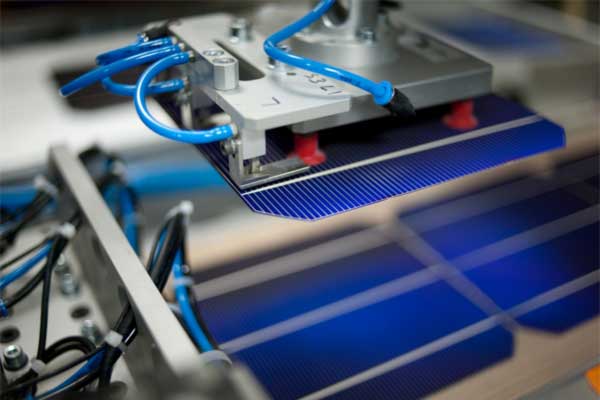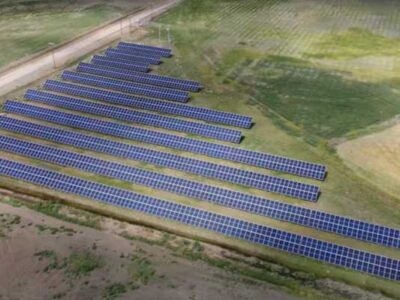Solar panel efficiency improvements often capture the news headlines as new potential technology advances offer greater energy production in less space.
This efficiency refers to how much energy can be generated from a certain amount of sunlight. The higher the efficiency, the more energy your system can produce.
Solar panel efficiency has never been higher. This means that solar shoppers have more high-efficient panels to choose from than ever before.
Why is solar panel efficiency important?
Efficiency is most important when space is limited. If you want a net-zero home and you want your rooftop to produce all the electricity your household consumes, you might have a limited amount of space.
Most home solar systems are mounted on the roof, and not all roofs are ideal for solar energy, with shading and a complicated roofline that limits panel placement. It is also ideal to angle panels pointing south for the most energy production.
Using more efficient panels will increase the total amount of energy you can produce.
Should I install the most efficient solar panels?
SunPower and Panasonic currently manufacture the most efficient solar panels in the market at an average efficiency of 20.6 percent and 20.3 percent respectively. By comparison, many other popular solar modules are around 15 percent to 18 percent efficient.
Although solar panel efficiency is an important consideration, it is not the only one. High-efficiency solar panels typically come at a higher cost when considering the energy output of the system overall.
When space is limited, solar panel efficiency becomes a higher priority for most solar shoppers. Cost, value, solar panel warranties, and aesthetics are also important concerns to consider.
If your roof is shaded, other technologies, such as microinverters and power optimizers can also help mitigate the impacts of shading on solar system output.
How can I learn about my solar panel options?
One way to find the best system for your home is by shopping around and getting multiple bids from solar installers. Because there are many solar panels in the market, different solar providers will likely use different solar panels.
In many cases, large installers don’t necessarily offer lower prices or better service, so it is helpful to contact small solar installers as well.
Some of these solar power systems require battery backup, adding to the cost of a solar system and has environmental drawbacks. Most solar system owners are connected to the power grid and sell back excess electricity to the power company.









Comments